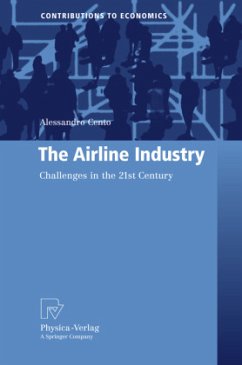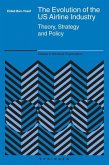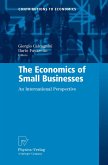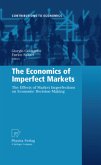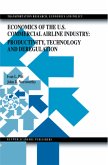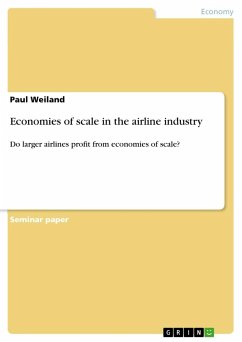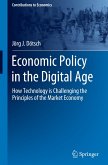The debate on the future of the aviation sector and the viability of its traditional business practices is the core of this book. The liberalization of the EU market in the 1990s has radically modi?ed the competitive environment and the nature of airline competition. Furthermore, the new millennium began with terrorist attacks, epidemics, trade globalization, and the rise of oil prices, all of which combined to push the industry into a "perfect storm". Airline industry pro?tability has been an elusive goal for several decades and the recent events has only accentuated existing weaknesses. The main concern of ind- try observers is whether the airline business model, successful during the 1980s and 1990s, is now sustainable in a market crowded by low-cost carriers. The airlines that will respond rapidly and determinedly to increase pressure to restructure, conso- date and segment the industry will achieve competitive advantages. In this context, the present study aims to model the new conduct of the 'legacy' carriers in a new liberalized European market in terms of network and pricing competition with l- cost carriers and competitive reaction to the global economic crises.
Bitte wählen Sie Ihr Anliegen aus.
Rechnungen
Retourenschein anfordern
Bestellstatus
Storno

